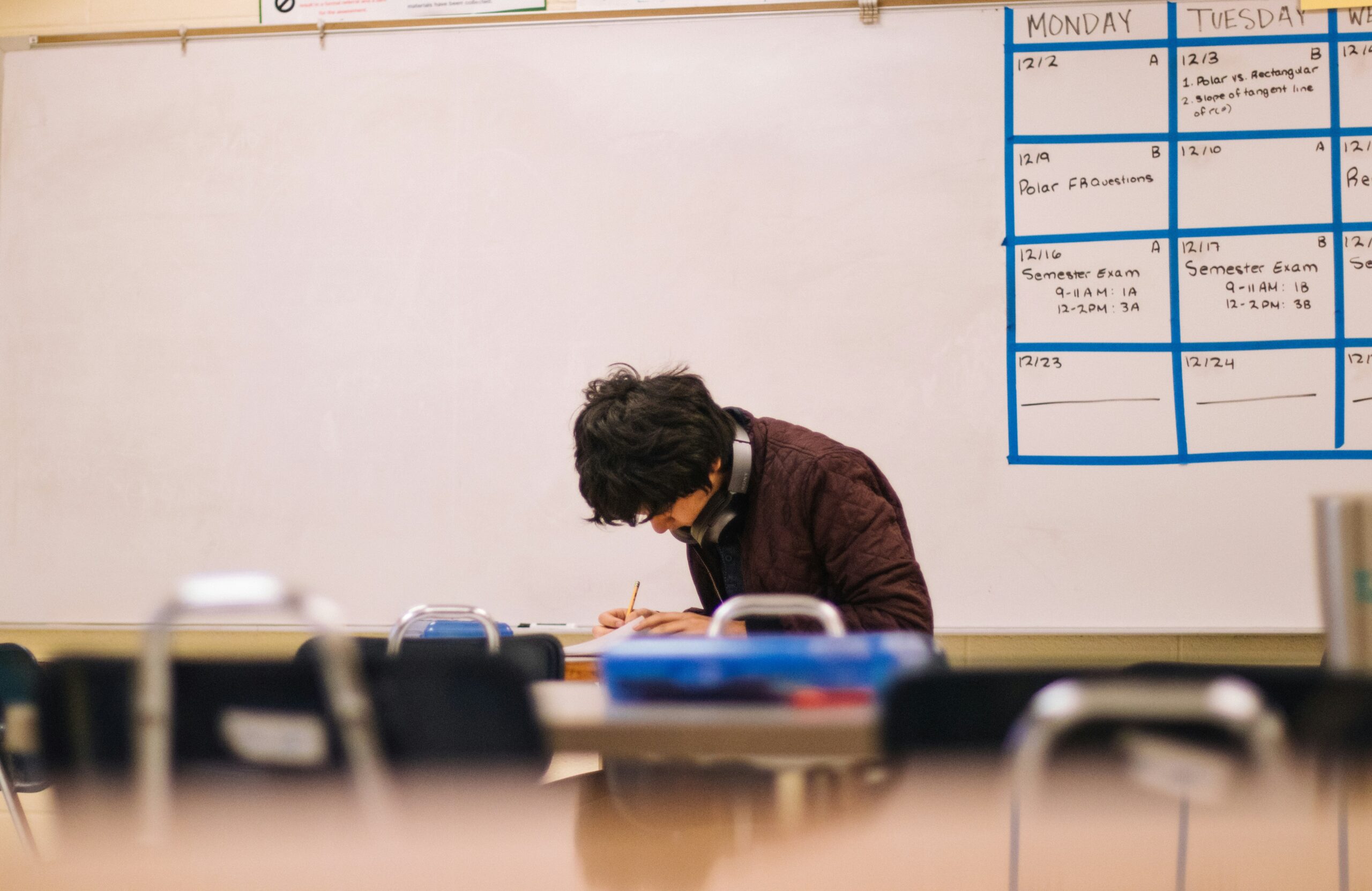As a parent, you’ve likely seen your high schooler or university student struggle with decision-making, problem-solving, or task initiation with a complex project. Today’s fast-paced, information-heavy world requires more than just subject knowledge—it demands critical thinking skills. An educational coach can be pivotal in helping your child develop these skills, equipping them to face challenges confidently and independently. If you’ve watched your child feel overwhelmed by assignments, unclear about what questions to ask, or frustrated when their efforts fall short, educational coaching might be the solution you’re seeking.
Encourages Problem-Solving Techniques
It’s not uncommon for students to freeze up when they hit a challenging problem. Whether it’s a complex math problem or an argumentative essay, the anxiety of not knowing where to begin often results in procrastination or, worse, a sense of defeat. Educational coaches address this by teaching structured problem-solving techniques. They help students break down tasks into manageable steps, explore individualized solutions, and critically assess each option’s pros and cons.
For instance, if your child struggles with a science project, an educational coach will guide them through brainstorming ideas, analyzing hypotheses, and testing outcomes. This process helps them learn to tackle problems independently and feel more in control, reducing the frustration and helplessness that often come with academic challenges.
Promotes Questioning and Curiosity
In a world of quick answers and search engines, curiosity often takes a backseat to convenience. Many students don’t know how to ask meaningful questions or evaluate information critically, which leaves them unprepared for real-world challenges. Educational coaching encourages students to question assumptions, dig deeper, and explore the ‘why’ behind the information.
This approach is constructive when students are bombarded with assignments or lectures that require more profound understanding. For example, an educational coach might ask, “Why do you think this author took this approach?” or “How might this historical event have unfolded differently under other circumstances?” This questioning style instills a habit of curiosity and critical evaluation, turning your child into an active thinker rather than a passive learner.
Teaches Reasoning and Logic
One of the most essential components of critical thinking is the ability to apply logic and reasoning to new situations. For many students, connecting abstract concepts to the real world feels impossible, and this disconnect can lower confidence and engagement in learning. An educational coach helps students bridge this gap through targeted, individualized coaching sessions.
For instance, when a student struggles with a complicated theory in physics or philosophy, their educational coach can guide them in breaking down concepts logically. The coach helps them see how ideas connect, fostering analytical thinking that builds academic confidence. This skill doesn’t just help them succeed in school; it empowers them to approach life’s challenges logically and calmly.
Fosters Reflection and Self-Assessment
It can be challenging for students to evaluate their work objectively. They might be too hard on themselves after a mistake or too lenient in overlooking areas that need improvement. This lack of self-assessment often leads to repeated mistakes, poor study habits, and a frustrating cycle of not knowing how to improve.
Educational coaching strongly emphasizes self-reflection and assessment. Coaches encourage students to think about how they arrived at their conclusions and assess the effectiveness of their approach. Did their method work? What would they do differently next time? This process not only helps them learn from mistakes but also builds self-awareness and resilience, skills that are critical to both academic and personal growth.
Encourages Open-Mindedness
Being open-minded is a fundamental part of critical thinking. Yet, for many students, accepting different perspectives or trying new approaches can feel uncomfortable, especially when they’re used to a “right or wrong” mindset. This rigidity often leads to limited problem-solving abilities and missed learning opportunities.
Educational coaches help students see the value of exploring different viewpoints. They nurture well-rounded thinkers by discussing diverse perspectives, encouraging empathy, and promoting flexibility. For instance, when working on a history essay, an educational coach might encourage students to analyze an event from multiple viewpoints, broadening their understanding and enhancing their critical thinking.
Let’s get your student thinking critically.
An educational coach does more than just guide students through homework. They equip young minds with lifelong critical thinking skills that will serve them well in college, career, and beyond. As a parent, watching your child feel more confident in their decision-making, more curious about the world, and more open to new ideas can be transformative. With the support of an educational coach, your child can become a successful student and a thoughtful, capable adult.
